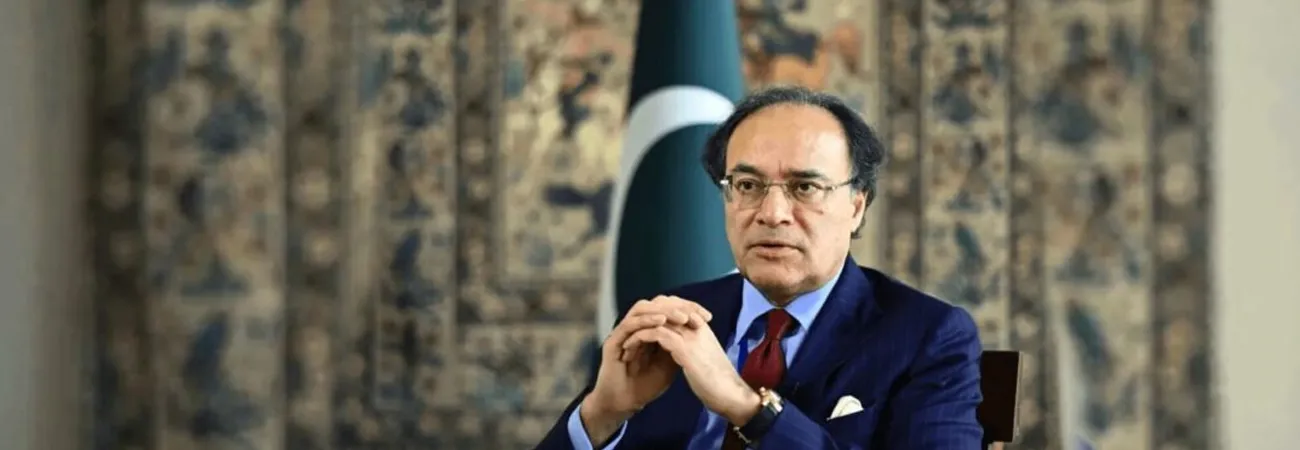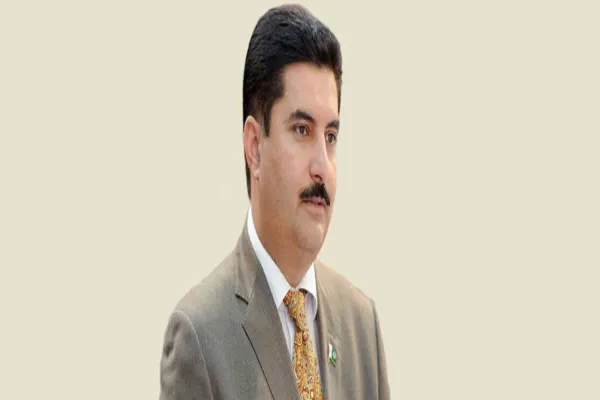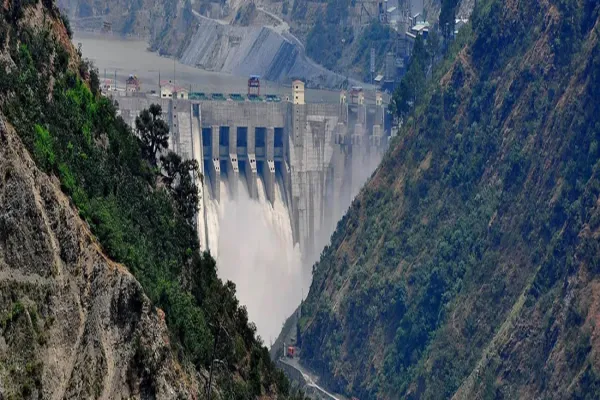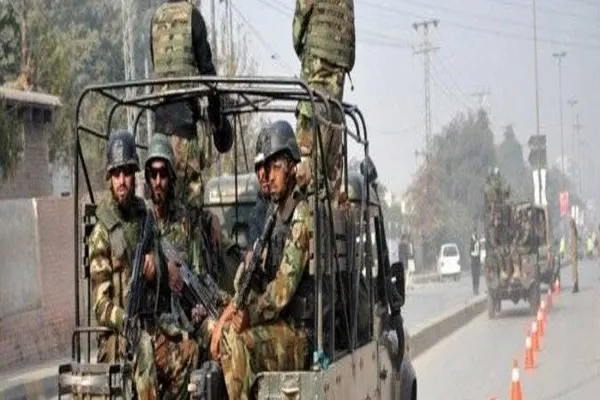i NEWS PAKISTAN
Federal Minister for Finance and Revenue Senator Muhammad Aurangzeb has emphasized the urgent need for an inclusive approach to globalization, one that benefits all nations, particularly the developing economies. He made this call while attending a high-level session titled ‘Inclusive Globalization That Benefits All – Pathways and Actions’ at the Boao Forum for Asia Annual Conference 2025, held in Boao, Hainan Province, China.
Highlighting the growing inequalities within the global economic system, the Minister stated that while globalization has lifted over one billion people out of poverty, it remains fundamentally unequal, disproportionately benefiting developed economies while marginalizing the Global South. The risks of rising protectionism, unilateralism, and trade wars are exacerbating global divisions, threatening to disrupt supply chains and weaken international cooperation.
For globalization to survive, it must be rebalanced to allow fairer participation for all nations, particularly those currently disadvantaged by restrictive trade rules and limited financial access. Senator Aurangzeb underscored that the time for rhetoric has passed, and decisive action is needed. Pakistan, like many developing nations, advocates for a more balanced model of globalization—one that promotes fair trade, sustainable growth, and equitable financial systems.
This model must be multilateral, innovation-driven, and inclusive, to foster development and prosperity across all regions. One of the key challenges facing inclusive globalization, according to the Minister, is the widening wealth and opportunity gap. Developed nations continue to gain from high-tech sectors, digital trade, and broad financial access, while developing nations are held back by high tariffs, restrictive investment policies, and limited infrastructure.
In response, Pakistan has consistently called for greater regional connectivity, fairer market access, and stronger multilateral cooperation, citing initiatives like the China-Pakistan Economic Corridor (CPEC) and the Special Investment Facilitation Council (SIFC) as steps in the right direction. The Minister also called for a global coalition among developing nations to collectively demand fairer trade rules and greater representation in international financial institutions.
These alliances are necessary to combat the disproportionate tariffs and trade restrictions that hinder the integration of developing economies into global markets. He pointed out that Pakistan’s textile and agricultural sectors—key drivers of its economy—face significant challenges due to protectionist policies in developed countries and non-tariff barriers that limit their access to Western markets.
Addressing the issue of financial inequality, Senator Aurangzeb stressed the need for debt relief and financial justice through restructuring sovereign debt mechanisms to prevent cyclical debt crises, which are impeding the economic growth of many emerging economies, including Pakistan.
He highlighted that global debt has soared past $100 trillion, with over 60% of low-income countries at risk of debt distress, diverting resources from critical social and economic investments. He called for reforms in international financial institutions to offer developing economies greater financial flexibility and sustainable debt relief mechanisms.
The Minister emphasized the transformative potential of technology in bridging global disparities. He called on governments and international bodies to establish global AI and fintech funds to support digital inclusion in developing economies. While Pakistan has initiated the Digital Pakistan program, there is a need for stronger international collaboration in artificial intelligence (AI), fintech, and e-commerce to empower small and medium enterprises (SMEs) and drive inclusive economic participation in the country.
Credit: Independent News Pakistan (INP)









